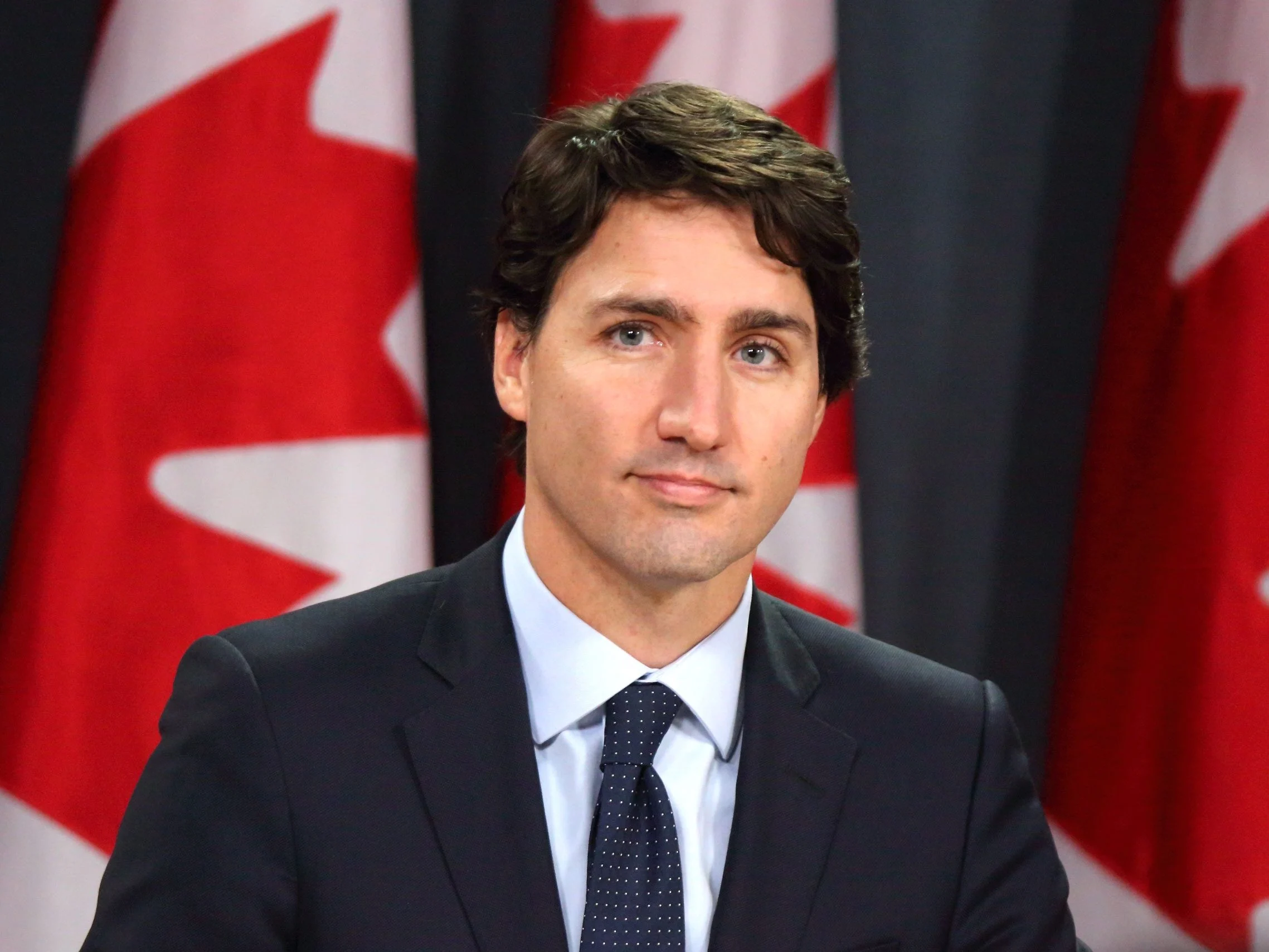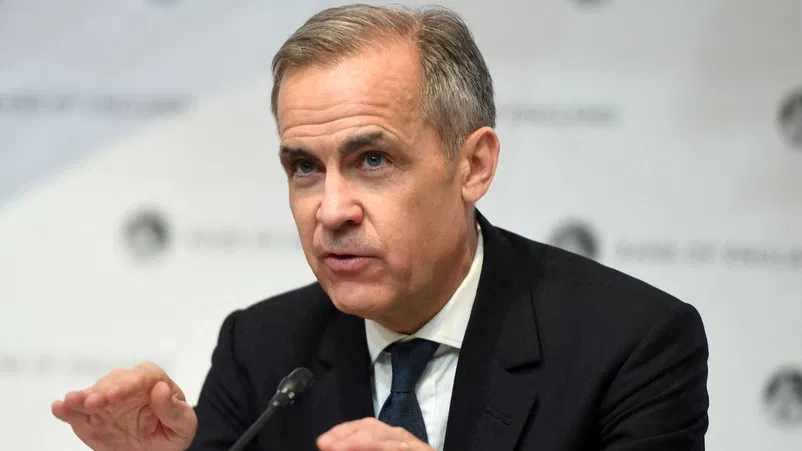Canadian Prime Minister Justin Trudeau has survived a no-confidence motion in parliament that sought to topple his government and trigger a snap election.
The vote, held on Wednesday, was the first in a series planned by the opposition Conservative Party, led by Pierre Poilievre, who aims to capitalize on Trudeau’s plummeting approval ratings. Despite this effort, Poilievre failed to secure enough support from the New Democratic Party (NDP) and the Bloc Québécois to pass the motion.
Trudeau, who has served as prime minister for nine years, currently leads a minority government. Wednesday’s vote coincided with his hosting of French President Emmanuel Macron.
While this motion was defeated, the Conservatives are expected to push for two more no-confidence votes on Thursday, hoping to send Canadians to the polls. Trudeau has faced increasing pressure to step down as his approval rating dropped from 63% when he first took office to just 28% in June. Housing affordability and the rising cost of living have fueled dissatisfaction, and the Liberals lost key by-elections in Toronto and Montreal over the summer.
Trudeau’s minority government has survived largely due to a 2021 agreement with the NDP, but the deal fell apart in early September when NDP leader Jagmeet Singh withdrew his support, accusing the Liberals of being “too weak” and “too selfish” to govern.
The Conservative motion required a majority of the 338-member parliament to pass. With 153 seats, the Liberals voted against it, while the Conservatives, with 119 seats, supported it. The NDP and Bloc Québécois also voted to defeat the motion, which was ultimately rejected by 211 votes.
Poilievre, who has been gaining traction in national polls, had called on MPs to support the motion, presenting his vision for a Conservative government that would focus on economic relief and restoring affordability in Canada.
However, Singh argued that the Conservatives would cut vital social programs such as dental and pharmacare. The Bloc Québécois, representing Quebec’s interests, expressed a willingness to work with Trudeau’s Liberals to protect Quebec’s social programs.
Trudeau, fresh from an appearance at the UN General Assembly and an interview on “The Late Show with Stephen Colbert,” acknowledged the economic struggles Canadians face but defended his government’s track record. “I’m going to keep fighting,” he told Colbert, emphasizing his commitment to continued investment in the country.


